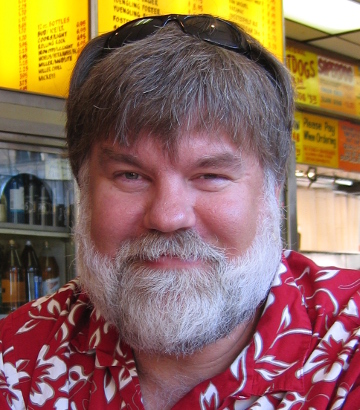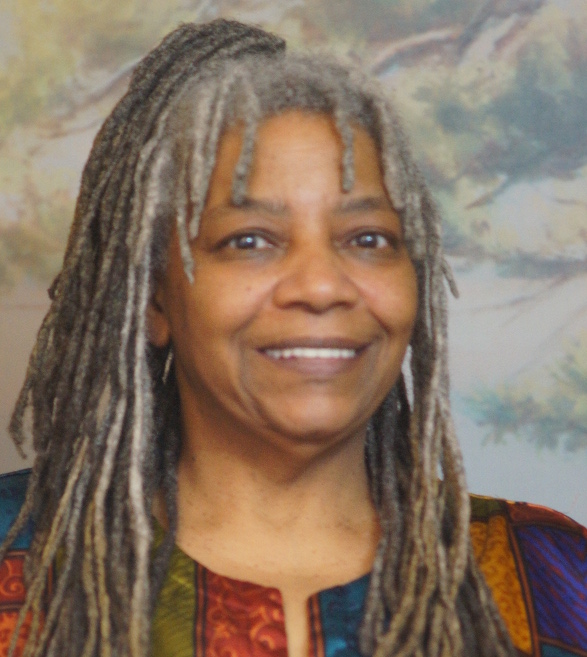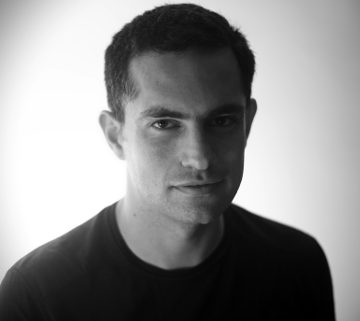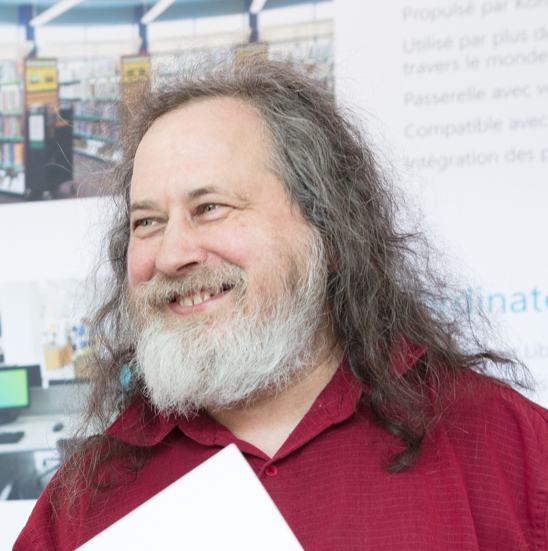FSF adds Hyperbola GNU/Linux-libre to list of endorsed GNU/Linux distributions
jeudi 6 décembre 2018 à 22:15
The FSF's list showcases GNU/Linux operating system distributions whose developers have made a commitment to follow its Guidelines for Free System Distributions. Each one includes and endorses exclusively free "as in freedom" software.
After a thorough vetting process, the FSF concluded that Hyperbola, a long-term support simplicity-focused distribution based on Arch GNU/Linux, meets these criteria.
"In a world where proprietary operating systems continually up the ante in terms of the abuse they heap on their users, adding another distribution to the list of fully free systems is a welcome development. Hyperbola represents another safe home for users looking for complete control over their own computing," said John Sullivan, FSF's executive director.
"Hyperbola is a fully free distribution based on Arch snapshots and Debian development without nonfree software, documentation, or any type of support for the installation or execution of nonfree software. Unlike Arch, which is a rolling release distribution, Hyperbola is a long-term one focused on stability and security inspired from Debian and Devuan," said André Silva, Hyperbola co-founder and developer.
FSF's licensing and compliance manager, Donald Robertson, added, "It was a pleasure working with the team behind Hyperbola throughout this process. They really go above and beyond in terms of looking out for the rights of their users. "
Hyperbola joins a growing list of distributions that users can trust. More information about Hyperbola, and how volunteers can get involved, is available at https://www.hyperbola.info/.
About the Free Software Foundation
The Free Software Foundation, founded in 1985, is dedicated to promoting computer users' right to run, edit, share, and contribute to computer programs. The FSF promotes the development and use of free (as in freedom) software -- particularly the GNU operating system and its GNU/Linux variants -- and free documentation for free software. The FSF also helps to spread awareness of the ethical and political issues of freedom in the use of software, and its Web sites, located at https://fsf.org and https://gnu.org, are an important source of information about GNU/Linux. Donations to support the FSF's work can be made at https://donate.fsf.org. Its headquarters are in Boston, MA, USA.
More information about the FSF, as well as important information for journalists and publishers, is at https://www.fsf.org/press.
About the GNU Operating System and Linux
Richard Stallman announced in September 1983 the plan to develop a free software Unix-like operating system called GNU. GNU is the only operating system developed specifically for the sake of users' freedom. See https://www.gnu.org/gnu/the-gnu-project.html.
In 1992, the essential components of GNU were complete, except for one, the kernel. When in 1992 the kernel Linux was re-released under the GNU GPL, making it free software, the combination of GNU and Linux formed a complete free operating system, which made it possible for the first time to run a PC without nonfree software. This combination is the GNU/Linux system. For more explanation, see https://www.gnu.org/gnu/gnu-linux-faq.html.
Media Contacts
Donald Robertson, III
Licensing & Compliance Manager
Free Software Foundation
+1 (617) 542 5942
licensing@fsf.org
Hyperbola GNU/Linux-libre logo, Copyright 2017-2018 Hyperbola Project released under the CC-BY-SA 4.0 license.



